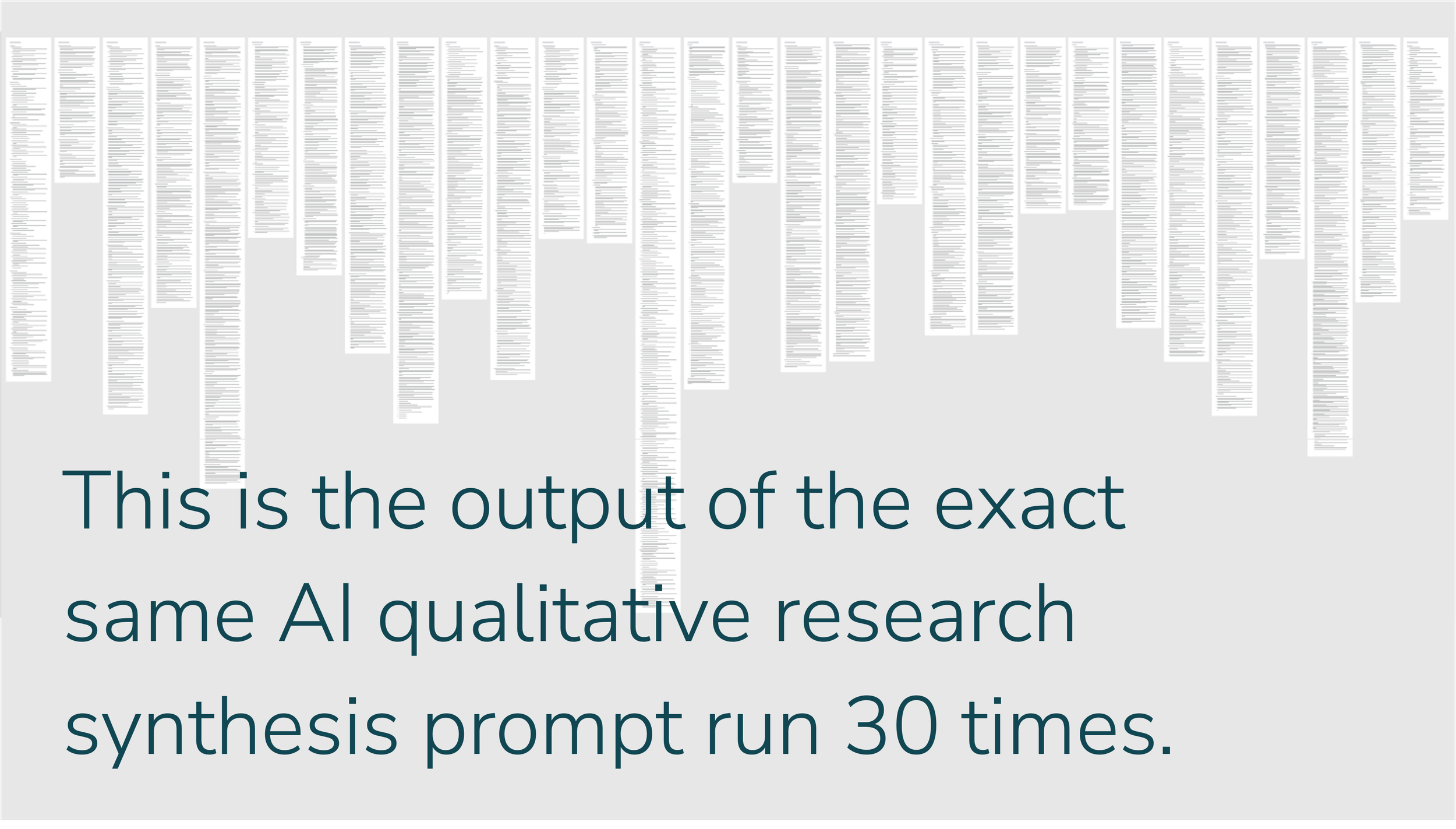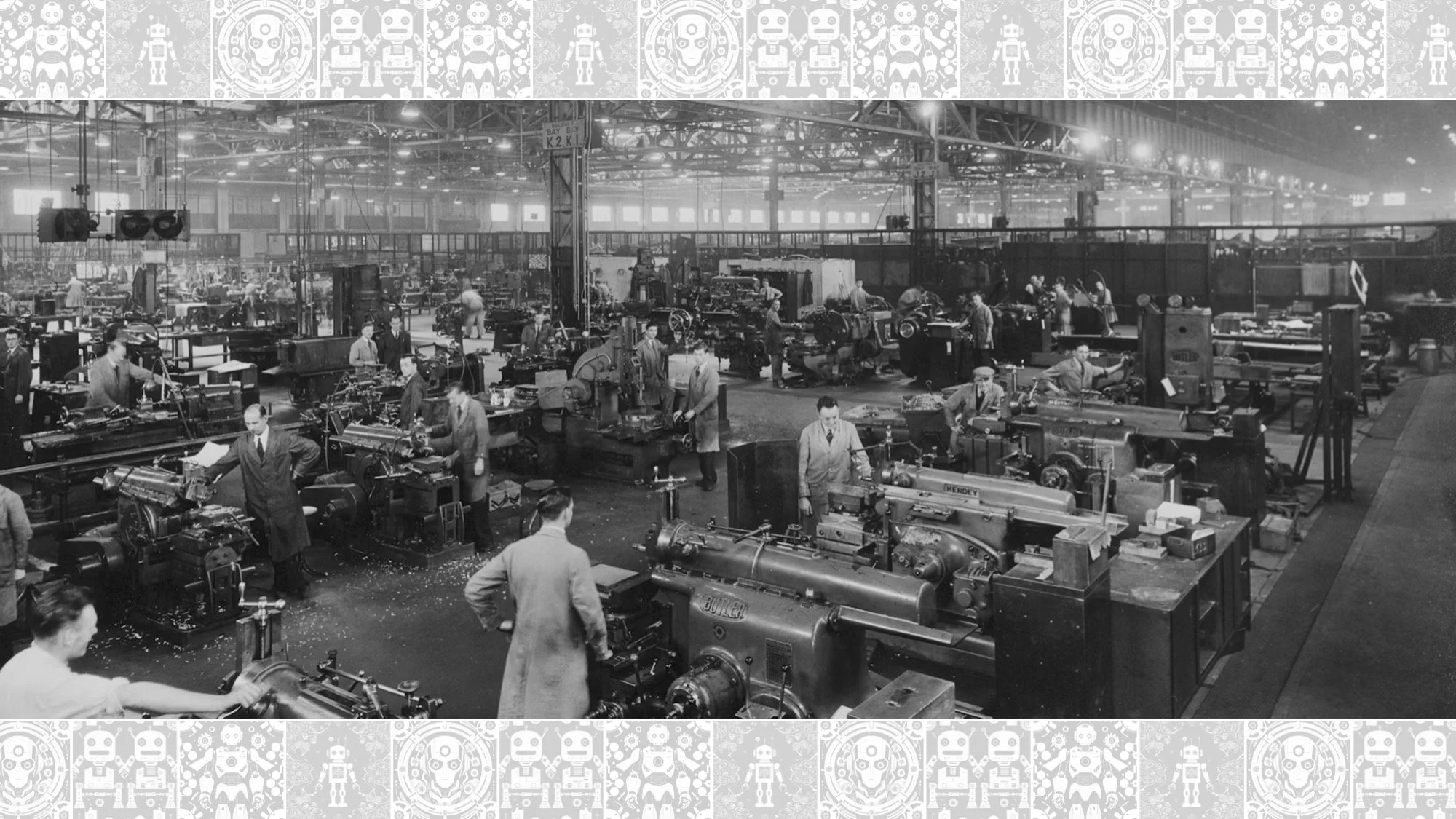What are the best explorations you’ve seen of AI as a design material? At Designing with AI 2025, we're highlighting two compelling case studies grounded in simple, hand-written math. Designers Lukas Moro and Aras Bilgen both kicked off explorations of generative AI with simple math problems, but ended up making very different discoveries about AI's possibilities.
Read MoreWe talk a lot about whether AI can replace traditional user research functions. But where is AI letting us explore user data in ways that are entirely new? That’s the question asked by Ian Johnson and Patrick Boehler, in two separate case studies from the very different lenses of data visualization and journalism.
Read MoreIn a recent interview about Designing with AI 2025, I discussed the top AI skills for UX professionals in 2025 and who to learn from.
Read MoreIn my AI + UXR workshop, I teach attendees to check the subprocessors of AI tools to understand what models they’re using under the hood. So it was delightful validation to see Simon Willison mention in a May 11 post that he’s started to do the same thing, and highlights the importance of sharing our learnings in public.
Read MoreHow are you evaluating your AI tools? This is the question UX and product leaders should be asking as they choose AI training and partnerships for their teams, which I recently discussed in an interview.
Read MoreWhen you talk with UX practitioners about AI, one of their biggest concerns is "grift." They want to know where AI is actually useful and avoid buying into the hype of people who are only in it to make a sale. I talked about this in a recent interview.
Read MoreI invited 31 researchers to test AI research synthesis by running the exact same prompt. They learned LLM analysis is overhyped, but evaluating it is something you can do yourself.
Read MoreWhen we selected our speakers for Designing with AI 2025, we were looking for two things: creativity and critical thinking. And they have truly delivered.
Read MoreIt's easy to fall into the trap of confusing "output" with "impact." But as a researcher in a world of AI tools, that's a good way to devalue your work.
Read MoreAs more designers, PMs, founders, and researchers themselves begin to use generative AI tools for research synthesis, it has many researchers wondering whether it's good enough to replace their work. The short answer is it's a lot like using AI for anything else: AI output is "adequate."
Read MoreAI is great at producing generic, average output. Average work may be perfectly fine to keep bringing home a paycheck, but if you don’t value it yourself, it will not be valued by others in the long term.
Read MoreFrom Seth Godin: "Once we see a pattern of AI getting tasks right, we're inclined to trust it more and more, verifying less often and moving on to tasks that don't meet these standards.”
Read MoreShould user researchers prepare to move into the role of “orchestrating and validating the work of AI systems” like OpenAI’s Deep Research?
Read MoreA perennial question for the tech field is: when will spatial computing finally “arrive”? The reality is spatial computing has, in fact, already arrived, many times over, and learning to recognize opportunities to lean into this trend will ultimately make every interface you design more human.
Read MoreWith renewed attention to smart glasses thanks to Meta’s Orion, spatial computing is once again on people’s radar. AI’s natural interface capabilities and multimodality are proving to be powerful, leverageable tools for bringing information technology into the physical world.
Read MoreAt Austin Tech Week 2024, companies from startups to Meta shared their design process for AI. These were the four principles they all agreed on.
Read More“For truly transformational innovation, markets are hard to size. And often the bigger question is whether people will actually use this.” This quote from Austin Tech Week rings very true with my experience in the world of emerging tech product innovation. Here’s what I do instead of calculating TAM.
Read MoreIn 2020, I shared remote product discovery techniques for businesses trying to pivot during the pandemic. Before I could do that, I had to dismantle some common myths that prevent teams from conducting research in the first place.
Read More

















